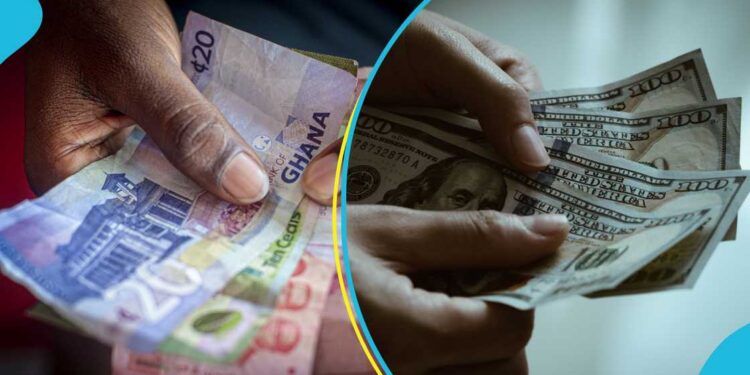The Ghana cedi experienced a sharp depreciation of 2.94% against the US dollar last week, marking its steepest weekly loss since the beginning of 2025.
This brings the cedi’s year-to-date depreciation to 3.87%, driven primarily by strong demand from the manufacturing and energy sectors.
Market Dynamics
The depreciation coincided with the Bank of Ghana’s auction of its first US$20 million to Bulk Oil Distribution Companies (BDCs), intensifying pressure on the local currency.
By the end of last week, the cedi was trading at a mid-rate of GH¢16.15 to the dollar.
Against other major currencies, the cedi lost 0.52% to the British pound and 1.52% to the euro.
Outlook for the Week
As the new trading week begins, the cedi opened unchanged at GH¢16.40 to the dollar and remains stable against other major currencies.
Analysts predict relative stability for the local currency this week, supported by subdued market activity ahead of significant global events.
Read Also: Muslim community urges President Mahama to reconsider NLA boss appointment
Key drivers for the week include the inauguration of US President-elect Donald Trump and anticipated policy announcements, as well as the release of critical US macroeconomic data, which are expected to shape global market sentiments.
Expert Insights
Currency market analysts remain cautiously optimistic about the cedi’s performance in the near term.
While short-term demand pressures persist, the local currency may benefit from global market reactions to US economic developments and potential interventions by the Bank of Ghana to stabilize the forex market.
The cedi’s recent performance underscores the importance of addressing structural challenges in the forex market to ensure sustainable currency stability.
























